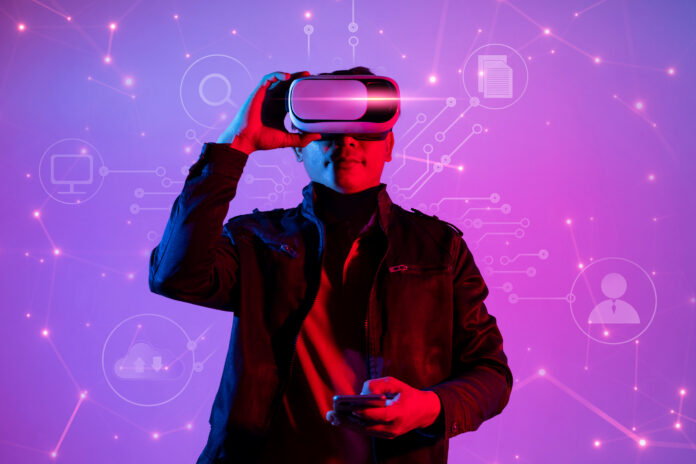In May 2022, Oxford University psychology professor Daniel Freeman published results from a clinical trial showcasing gameChange, a virtual-reality cognitive therapy software. This software guides users through everyday scenarios to manage their fear levels. The trial involved 346 individuals with psychosis, who often suffer from severe anxiety and agoraphobia.
Kai Conibear, author of “The Myth-Busting Guide to Psychosis,” explains that psychosis is a symptom present in various mental illnesses, including schizophrenia and bipolar disorder. Contrary to popular belief, individuals with psychosis are typically vulnerable rather than violent.
As reported by Business Insider, the trial targeted those with extreme agoraphobic avoidance due to psychosis. The virtual therapy acted as exposure therapy, helping participants confront their fears through guided scenarios. Results showed participants using gameChange had significantly reduced distress and avoidance, feeling less threatened in their environments. The UK’s NHS approved gameChange as a treatment option.
VR’s use in healthcare dates back to the early 1990s. Researchers have built a strong case for VR’s potential, especially when combined with traditional therapy. Stanford University researcher Kim Bullock highlighted a review of 23 studies across 14 countries, finding VR effective for treating anxiety, social skills, and paranoid delusions, often alongside cognitive-behavioral therapy.
The primary barrier to VR adoption in healthcare is caution among providers, who lack training and experience with VR.
Beyond treatment, VR educates the public about psychosis. Hong Kong’s Mind Space Museum offers VR experiences simulating psychotic symptoms, coupled with sessions led by peer-support workers.
Despite hesitancy among US healthcare providers, researchers globally support VR treatment. Conibear views VR as a valuable alternative to traditional medication and therapy, advocating for its broader application in mental health treatment.
























